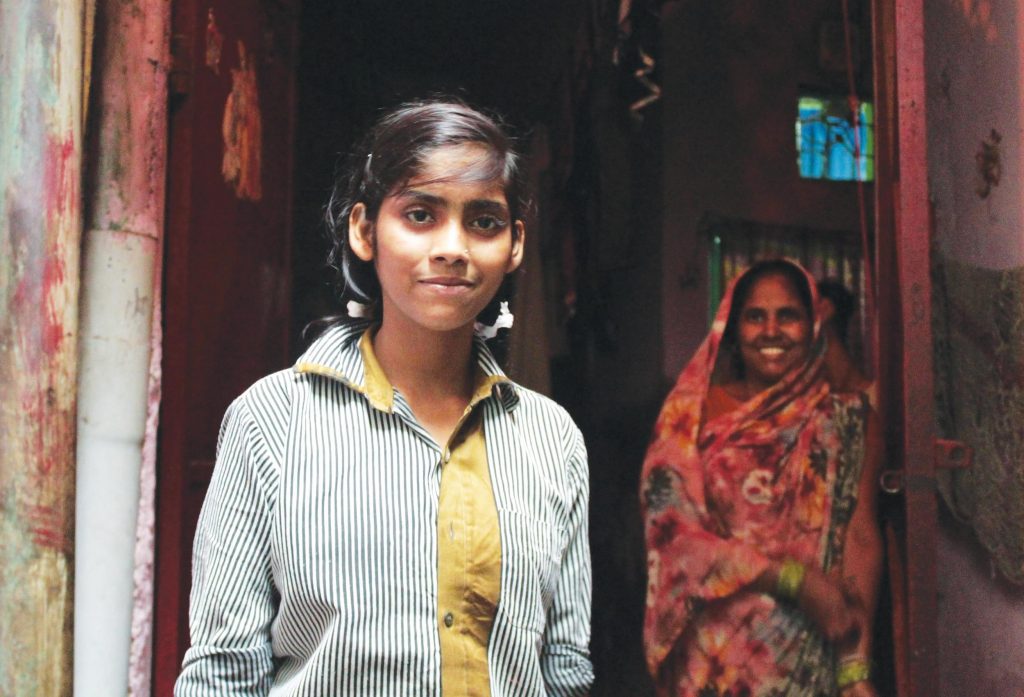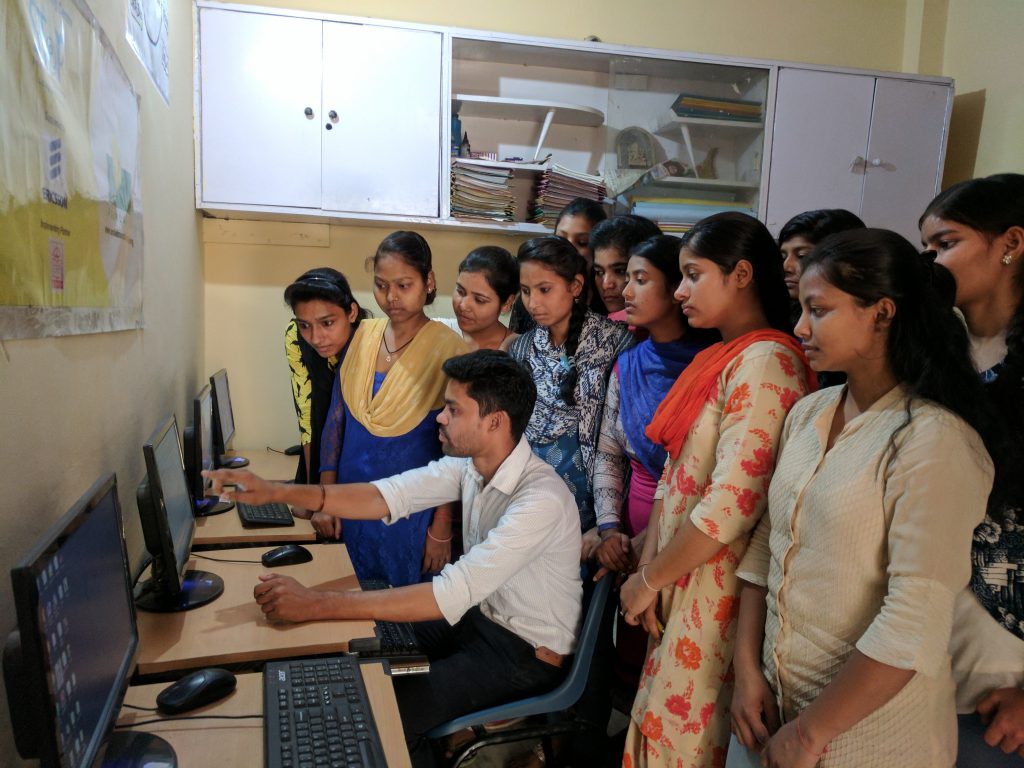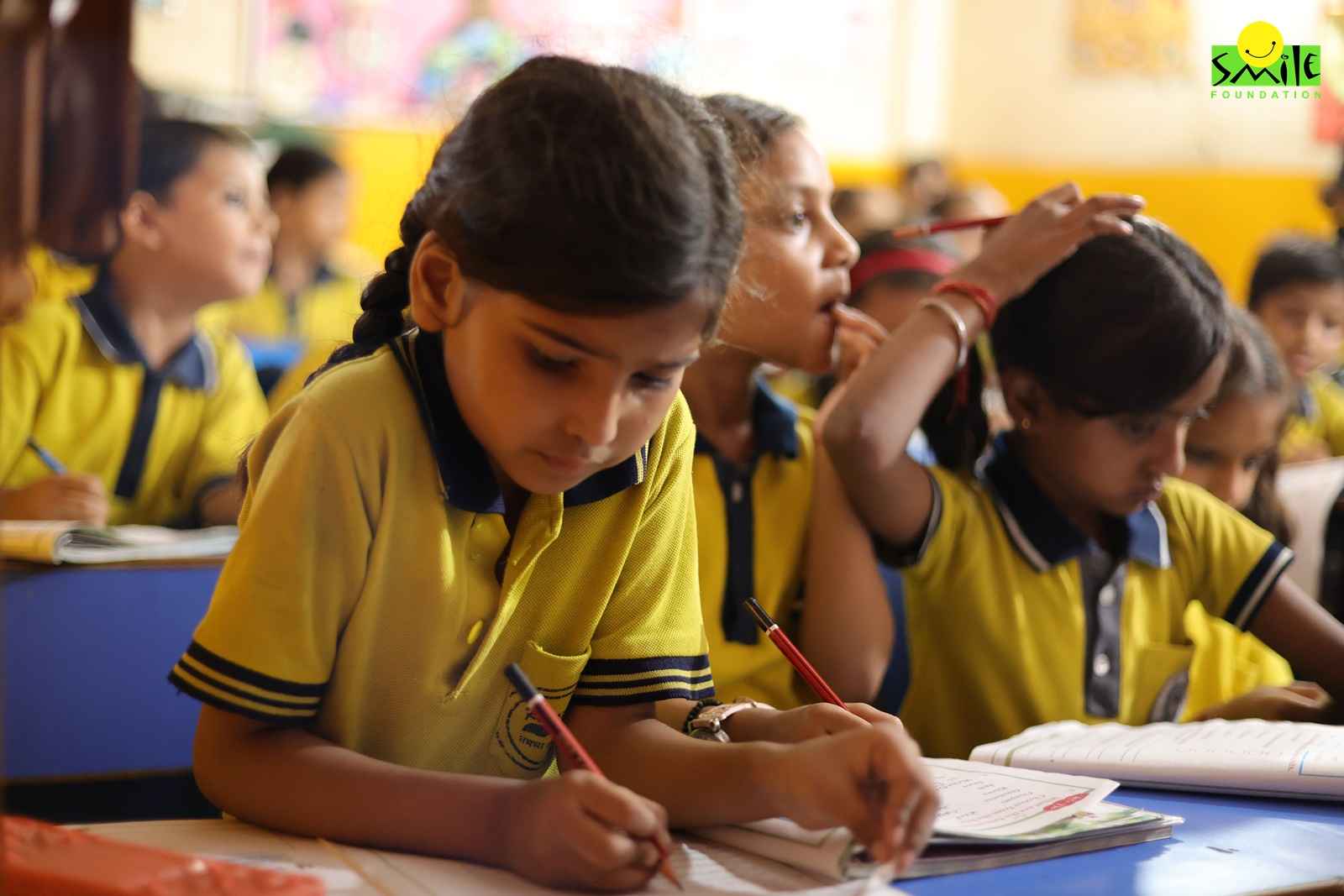Empowering women to make their own financial decisions is not just a matter of individual autonomy- it is a crucial step toward fostering gender equality and creating a more inclusive and robust society. Enabling women to make their financial decisions provides them with a sense of independence. Financial autonomy allows women to contribute to their households, make choices aligned with their goals, and reduces dependency on others.
A groundbreaking study conducted by DBS Bank India in collaboration with CRISIL, aimed at understanding the financial behaviours of urban Indian women, has revealed compelling insights. The report has shed light on the financial planning, prioritisation, and management habits of over 800 women across ten Indian cities.
In India where the rate of female participation in the workforce remains stagnant, and gender pay gaps persist, the study provides invaluable insights for businesses, regulators, financial institutions, and society at large. The survey meticulously delves into various parameters, including financial decision-making involvement, goal-setting, saving and investment patterns, adoption of digital tools, and preferences for banking products.
Key Findings and Influencers of Financial Behavioir
- Decision-making Dynamics and Evolution of Goals: The study emphasizes the active role that women play in shaping the financial future of their families. Approximately 47% of women make independent financial decisions, showcasing a growing trend of financial autonomy. Age and affluence emerge as pivotal factors, with women over 45 leading the charge, with 65% making independent financial choices compared to 41% in the 25-35 age group.
- Priorities and Evolution with Age: The report provides intriguing insights into the evolving financial priorities of earning metropolitan women. The primary long-term financial focus shifts with age; for those aged 25-35, it is buying/upgrading a home, while those in the 35-45 age category prioritise the education of their children. Above 45 years, medical care takes precedence, with retirement planning making its first appearance in the consideration set for the 35-45 age group.
- Saving, Borrowing, and Investment Behaviour: Women in metropolitan areas display a tendency to be risk-averse, with 51% of investments in fixed deposits and savings accounts. Regional variations and the presence of dependents significantly influence investment behaviour. Notably, 43% of married women with dependents conservatively allocate 10-29% of their income to investing. The report also highlights that half of salaried women have never taken a loan, emphasising the cultural importance of homeownership in India.
- Usage of Banking and Payment Channels: The study delves into the preferences of women for different banking and payment channels, revealing nuances across age groups and regions. For instance, 33% of women aged 25-35 prefer UPI for online shopping, whereas only 22% above 45 years opt for UPI. UPI emerges as the preferred choice for various payment needs, including money transfers (38%), utility bills (34%), and e-commerce purchases (29%).
Women and their Journey toward making sound Financial Decisions
In essence, empowering women in financial decision-making is not just an individual benefit; it is a societal imperative that paves the way for a more equitable, resilient, and prosperous future. It aligns with the broader goals of sustainable development and lays the foundation for a society where every individual, regardless of gender, has the opportunity to thrive and contribute meaningfully.
Smile Foundation’s Swabhiman, a women empowerment programme fosters financial independence and holistic development among women.
Swabhiman, with its multifaceted approach, recognises the importance of not only providing financial resources but also imparting education, building skills, and instilling confidence in women. By addressing the root causes of gender disparities and working at the grassroots level, Swabhiman contributes to the larger goal of creating empowered communities.
Through Swabhiman, Smile Foundation endeavours to break the rigid ideas of traditional gender norms, offering women the tools and knowledge to make informed financial decisions. The programme goes beyond mere financial literacy, aiming to create a paradigm shift in societal attitudes toward the role of women in economic and decision-making processes.
The journey towards gender equality and financial empowerment is ongoing, and with concerted efforts from organisations, communities, and individuals alike, we can build a future where every woman is not just a participant but a leader in her financial journey.









